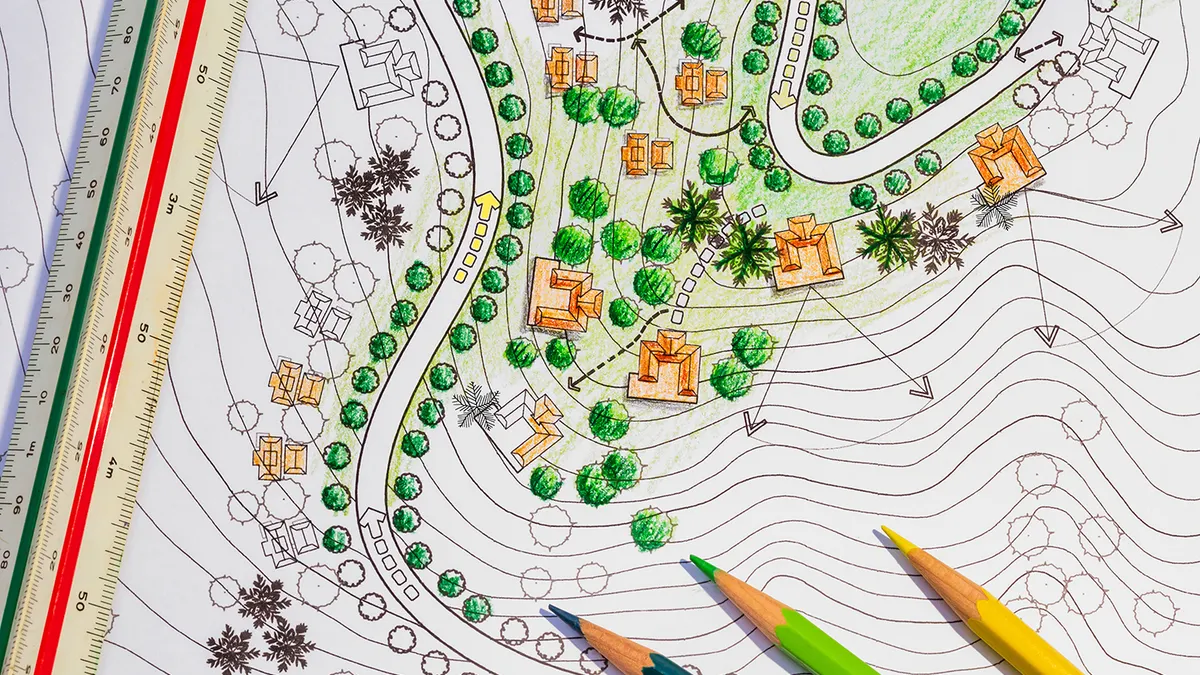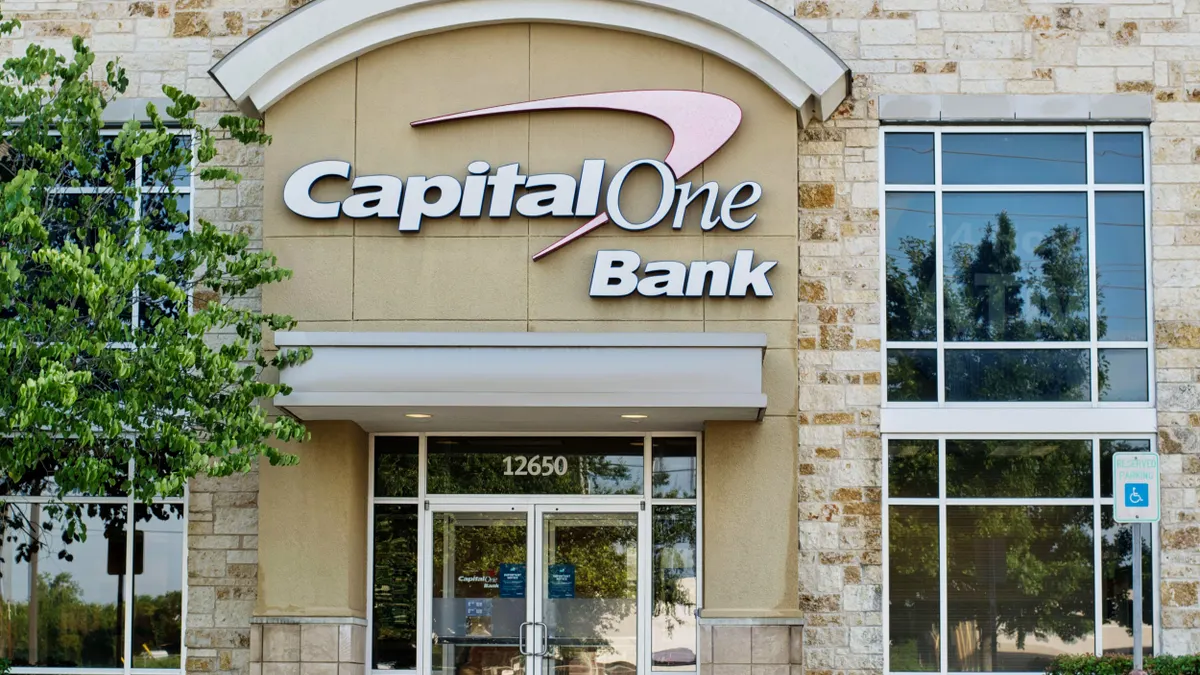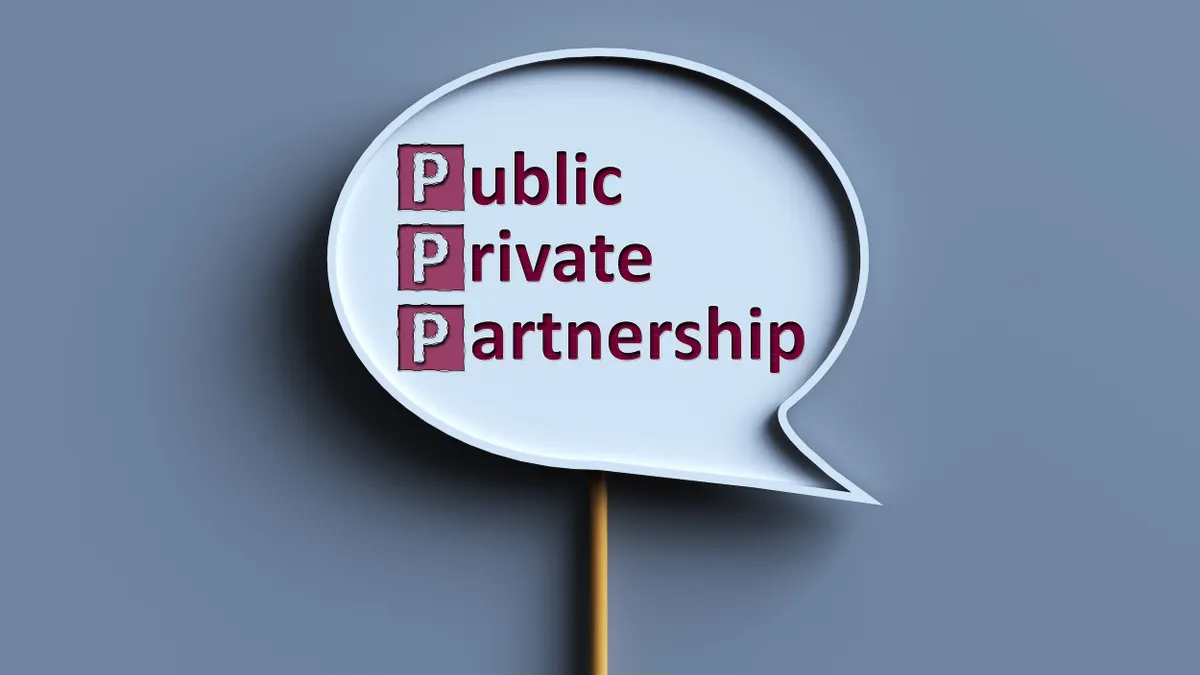Rodney Bullard is founder and CEO of The Same House, a public benefit corporation dedicated to furthering economic mobility by bridging social division.
Across this country, millions of Americans are working full-time, often in more than one job, and still cannot afford the basics. The belief that hard work leads to a better life has long been a foundation of the American dream. But today, for too many families, that belief no longer matches their reality. This is not a reflection of individual failure. It is a sign that we need to take a closer look at how we define progress and who is being included in that progress.
According to the Ludwig Institute for Shared Economic Prosperity, the bottom 60% of Americans earn an average of $38,000 per year, CBS News reported. To maintain a basic standard of living, they would need to earn $67,000. This estimate includes the essentials that support full participation in society, such as access to healthcare, childcare, education, broadband internet and reliable transportation. Households are now estimated to be spending an additional $11,400 each year just to maintain the same standard of living they enjoyed in January 2021. As a result, around one in eight retired Americans was predicted to start working again in 2024 alone. These shifts are not captured in traditional economic indicators, which often present a picture of progress that does not match people’s lived experience.
This is not just a national trend; it’s visible in my home state of Georgia as well. The gap between high-income and low-income households in Georgia is wide and only getting wider. In Atlanta, it is the worst in the country. Households at the top of the income ladder are earning more than six times what those at the bottom earn.
At The Same House, we see these numbers not as fixed outcomes, but as a call to action. Our work is rooted in the belief that progress is possible when we come together with shared purpose, especially at the local level.
If we want to make the American Dream more attainable for all, we must match our actions with our values. Here are a few ways we can create more attainable pathways to opportunity in our communities:
Close the access gaps that hold people back. Economic mobility begins with access. When families lack reliable internet, affordable childcare or transportation to job training and employment centers, their ability to participate in the economy is limited from the start. Policymakers can help bridge these gaps by supporting public infrastructure investments, expanding broadband coverage and strengthening wraparound services that support working families.
Direct capital to the places that need it most. In many communities, the challenge is not a lack of talent or ambition. It is a lack of investment. Financial tools like community development funds and impact-focused lending can help direct capital into neighborhoods that have long been overlooked. Encourage this flow by aligning incentives and removing barriers that prevent capital from reaching under-resourced areas. Take Atlanta’s Westside as an example. Despite its rich history, the area continues to face deep economic disparities. Families are being priced out of their homes, and longstanding institutions are under pressure. Local organizations like the Westside Future Fund are working every day to change that by expanding access to education, housing and healthcare. When investment follows their lead, progress is not only possible, it is inevitable.
Leverage public-private partnerships to multiply your impact. Working in silos will not fully address the barriers that hold people back. The most meaningful progress often happens when public institutions, private companies, community organizations and other stakeholders work together toward shared goals. Public-private partnerships are a great way to unlock new funding streams, accelerate program delivery and scale solutions that would be difficult for any one sector to achieve alone. At The Same House, we have experienced this firsthand through the Beloved Benefit, our signature event that brings together leaders across business, government and philanthropy to invest in organizations advancing opportunity throughout Georgia and beyond. The goal is not just to give, but to build long-term partnerships rooted in shared values. These partnerships are not just symbolic. They lead to real capital, real collaboration and real outcomes.
Build middle-wage career pathways that work. A strong economy depends on more than job creation. It depends on the quality and accessibility of those jobs. Middle-wage careers that offer stability, benefits and room for growth are essential to rebuilding the middle class. You can support these pathways for your constituents by investing in skills-based training, modernizing workforce systems, and strengthening relationships between education providers and employers. These programs are most effective when they are designed with input from the communities they serve and are accessible to people at different stages of life and career.
If we want to restore trust in the institutions that serve the public, we must deliver progress for those who feel left behind. That means focusing less on short-term wins and more on long-term impact. It means designing policies that are not only effective on paper but also felt in people’s daily lives. The good news is that many of the tools we need already exist. What is required now is the collective will to use them in ways that center opportunity for all. When we invest in people and places with intention, we help rebuild the promise of the American dream.









